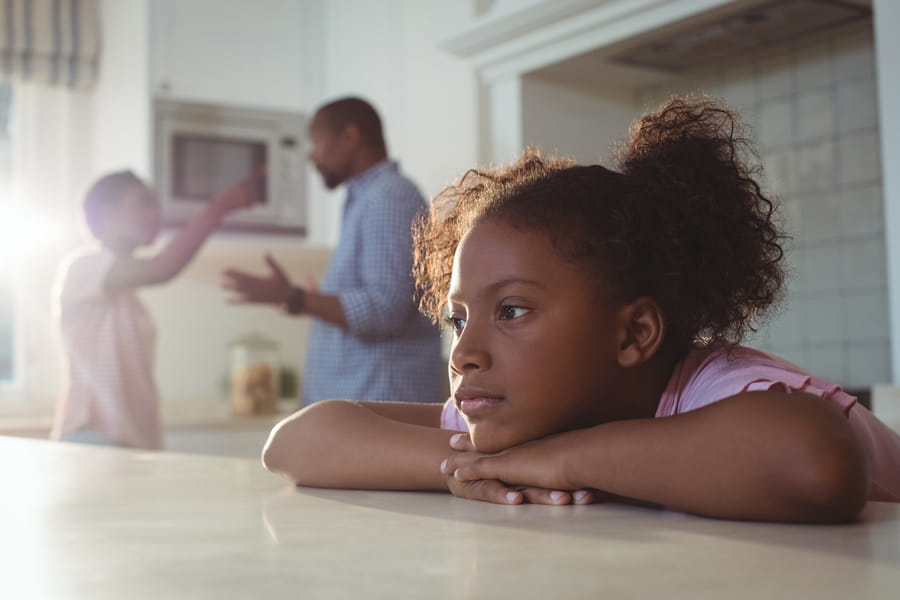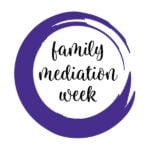
Increases In Applications To Cafcass In Private Cases
The Children and Family Court Advisory and Support Service (Cafcass) recently released its monthly figures on applications to its service for July 2019, for both care cases and private law cases, showing the continuing rise of applications in private cases.
Cafcass’s definition of private law cases are ‘applications made following a divorce or separation about the arrangements for children, such as where a child will live or with whom a child will spend time.’
Not all private cases will involve Cafcass, only those that the court feels the need for a welfare officer’s report. Cases where parents are in agreement or are relatively simple will not have an application to Cafcass.
Compared to July 2018, there has been an 18% increase in applications for private cases, with a trend of increased applications year on year since 2014. As there is a downward trend in applications for divorce, the reason for the increasing trend in seems unclear.
There does however appear to be a link with the reduction in Legal Aid. The Legal Aid, Sentencing and Punishment of Offenders Act (LASPO) 2012 removed most private family cases from the scope of Legal Aid after April 2013. There was the expected drop in applications when Legal Aid funding was restricted as people were no longer able to afford legal advice, however, self-representation or litigants in persons have increased year on year since 2012, with 38% of private law cases unrepresented in the first quarter of 2019.
Can this pattern also be linked with the increasing numbers of applications to Cafcass? Without Legal Aid people are less likely to seek legal advice from professionals and will go it alone, maybe taking advice from friends and family, or through an initial free meetings with a solicitor. If they had legal advice from the beginning there could be the possibility of a solicitor advising that a different route be taken, other than court, for example through mutual agreement after advice or through mediation.
It has been well reported that the cuts to Legal Aid have caused areas of the country to have legal advice black spots due to the lack of providers, forcing the public to either represent themselves or not fight at all.
Penny Scott, Chair of the Law Society’s Family Law Committee, said:
“Despite the increase in litigants in person…there are fewer and fewer going to court because they can’t face it.”
The Government aimed to save £350 million per year by cuts to Legal Aid. At an estimated £400,000 cost to Cafcass for each private law case, the cuts appear to have become a false economy with dire consequences for those in most desperate need. Many Conservative MPs, including the chair of the Commons justice committee Bob Neill, now accept that the pendulum has swung too far.
In a parliamentary debate regarding LAPSO, Bob Neill said:
“Act on the evidence and ensure that we have a better basis for legal funding and access to justice”.
Will the Government begin to take notice of the consequences of cuts to Legal Aid and how its citizens are being denied the most basic rule of law, access to justice?










